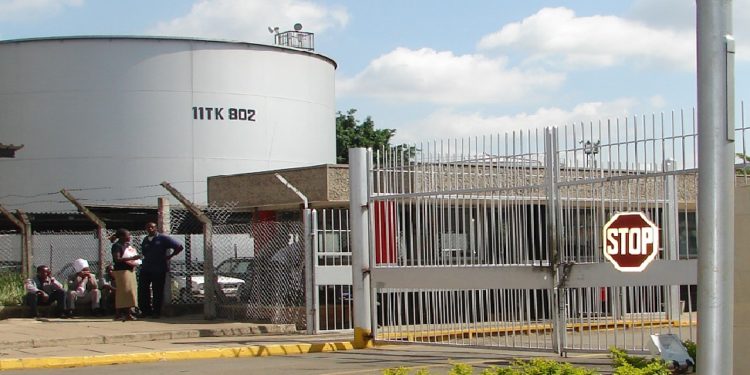The Kenya Pipeline Company (KPC) is set to be listed on the Nairobi Securities Exchange (NSE) through an Initial Public Offering (IPO), a move aimed at boosting capital and expanding its regional footprint, National Treasury Cabinet Secretary John Mbadi has revealed.
Speaking at KPC’s Nairobi headquarters, where he received an interim KES3 billion dividend cheque, Mbadi highlighted the potential benefits of the listing.
“We have this feeling that KPC needs to realise the benefits that will accrue from a listing at the Stock Exchange,” he said, citing Safaricom and KenGen as examples of state-affiliated corporates that have profited from going public.
The planned listing is part of KPC’s broader strategy to diversify revenue streams and expand its market share. The company is also considering the establishment of a trading hub in Mombasa for petroleum and related products, a move expected to strengthen the regional energy and logistics sector.
Additionally, the Treasury is supporting plans to wind down the Kenya Petroleum Refinery Limited (KPRL) and integrate its operations into KPC. The dissolution process is expected to proceed smoothly within the current financial year, according to the Cabinet Secretary.
KPC has demonstrated strong financial performance, posting a KES10.5 billion profit before tax in 2023-24, up from KES7.6 billion the previous year.
“Recording a KES10.5 billion profit is no small feat. It speaks volumes about the company’s operational efficiency, sound management, and dedication to delivering value to its stakeholders,” Mbadi noted.
Lawrence Kibet, Director General of Public Investments and Portfolio Management, confirmed that the Government-Owned Enterprises (GOE) Bill 2024 had been passed by the Cabinet and was under review by the Attorney General.
Meanwhile, KPC Board Chair Faith Boitett emphasized the company’s continued focus on efficiency and expansion.
“KPC remains steadfast in its commitment to regional competitiveness. We are proud to hold a 90% stake in fuel transportation to Uganda and are on the brink of securing a similar market share in Rwanda,” she said.


















